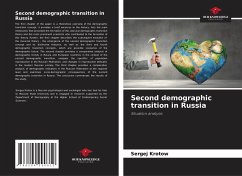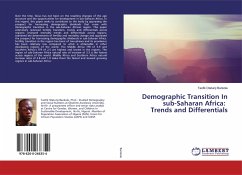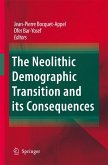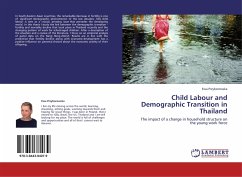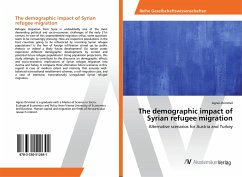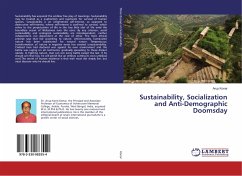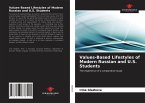The first chapter of the paper is a theoretical overview of the demographic transition concept. It provides a brief excursus to the history, lists the main milestones that preceded the formation of the classical demographic transition theory and the most prominent scientists who contributed to the formation of this theory. Further, the first chapter describes the subsequent evolution of the classical theory - the emergence of the second demographic transition concept and its distinctive features, as well as the third and fourth demographic transition concepts, which are possible scenarios of the demographic future. The second chapter provides a comparative analysis of demographic trends in Russia and European countries in the context of the second demographic transition, analyzes the specifics of population reproduction in the Russian Federation, and changes in reproductive attitudes in the modern Russian society. The third chapter provides a comparative analysis of demographic indicators in the Russian Federation at the regional level and examines socio-demographic consequences of the second demographic transition in Russia. The conclusion summarizes the results of the study.
